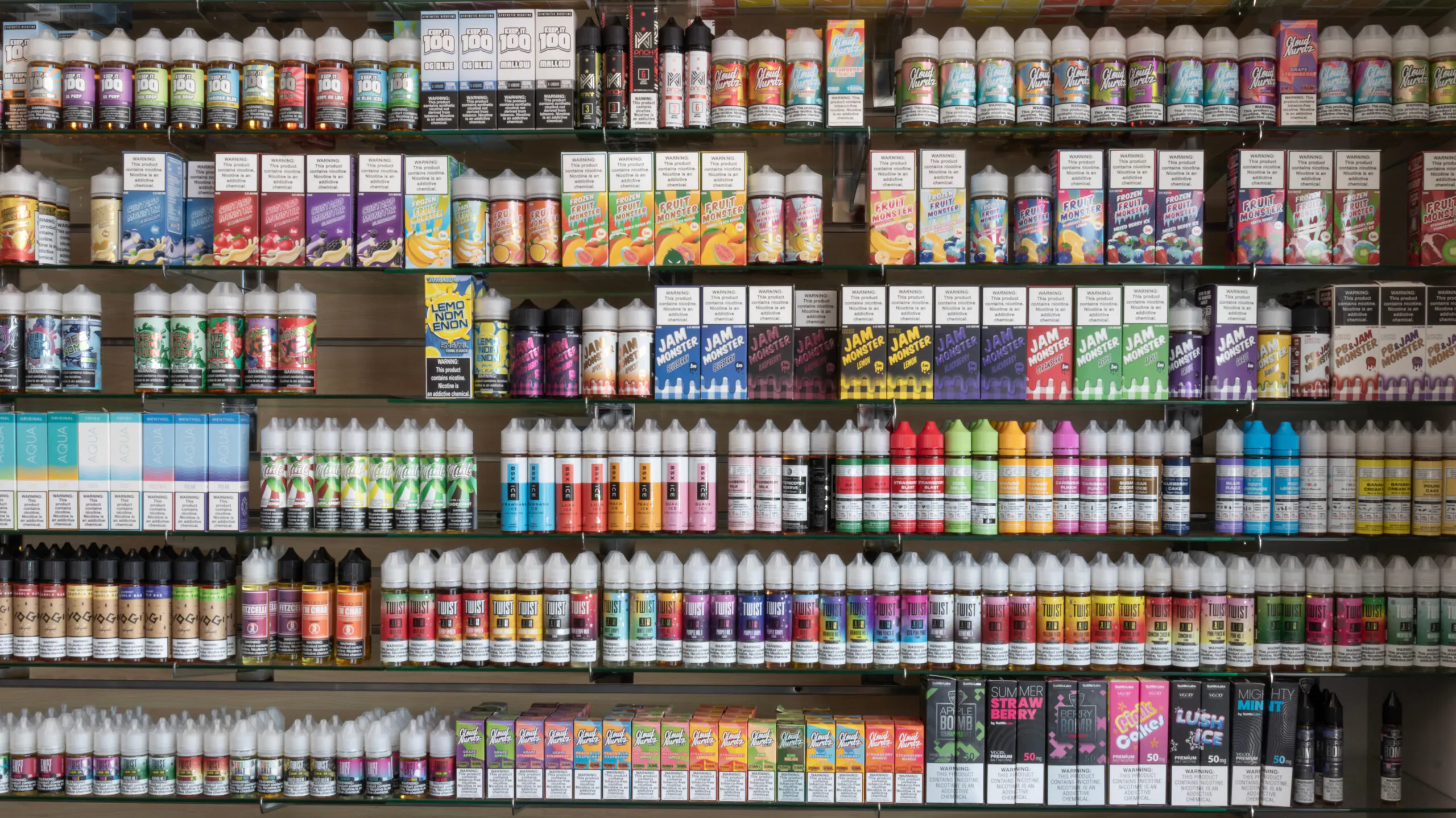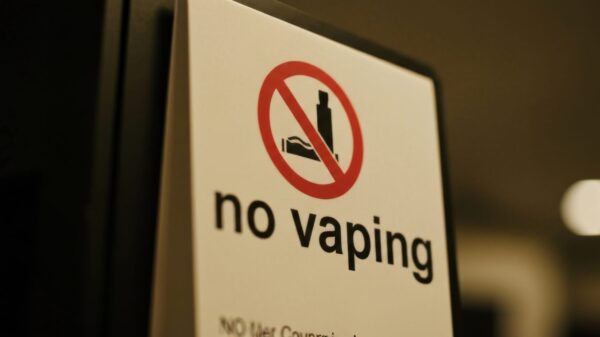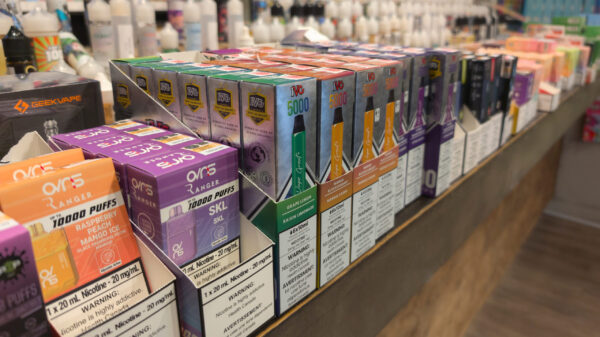Alabama lawmakers are considering a sweeping proposal to ban the sale of all vape products in convenience stores and restrict them exclusively to 21+ access smoke shops. While the intent may be to reduce youth access to nicotine, this policy overreach would do more harm than good—for consumers, communities, and the local economy.
Convenience Stores Are Responsible Partners in Public Health
Alabama’s convenience store operators are already committed to keeping vape products out of minors’ hands. We support and actively implement strict ID verification policies. In fact, many of us favor mandatory ID scanning technology at the point of sale—a measure that would virtually eliminate underage purchases.
Rather than being the problem, convenience stores are part of the solution. We are regulated, visible, and held to high standards by both state and federal law. We take that responsibility seriously because we live in the communities we serve.
The Real Consequences: A Proliferation of Smoke Shops
Restricting vape sales to specialty 21+ smoke shops won’t curb demand—it will simply shift where these products are sold. And that shift could create new public safety and zoning challenges. Alabama may soon find itself flooded with new vape and smoke shops, often in less regulated, higher-risk settings.
We’ve seen this in other states: when you ban vape sales in established retail environments, a gray market or unchecked specialty store boom is quick to fill the void. This undermines the very protections lawmakers seek to create.
Let’s Focus on Real, Enforceable Solutions
If the goal is to protect youth and ensure responsible sales, enhanced enforcement and technology-driven ID checks are smarter solutions. Blanket bans are blunt instruments that ignore the realities of the retail landscape and punish those who are already doing the right thing.
We urge Alabama’s legislators to reconsider this proposal and work with responsible retailers— not against them. Together, we can protect young people without creating new problems.

















































